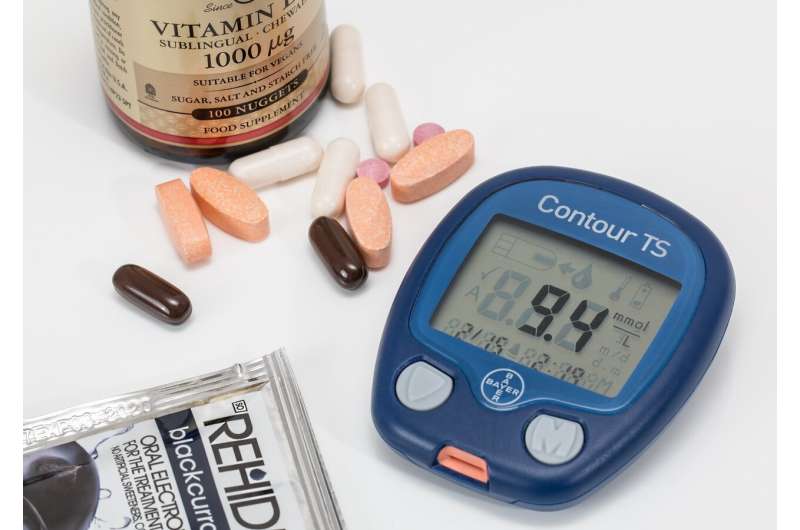
Obesity may negatively affect kidney function in people with type 2 diabetes, particularly in women, according to a new study published in the Endocrine Society’s Journal of Clinical Endocrinology & Metabolism.
Diabetic nephropathy, or the deterioration of kidney function in people with diabetes, is caused by high blood pressure and high blood sugar. Approximately one in three adults with diabetes has chronic kidney disease, and kidney diseases are the ninth leading cause of death in the United States. Kidney disease progresses over time to end-stage renal disease, and people with end-stage kidney disease often need a kidney transplant to stay alive.
“Our research highlights how obesity contributes to the incidence and progression of diabetic nephropathy in people with type 2 diabetes, especially for women,” said Zhi-Hong Liu, M.D., of Jinling Hospital and Nanjing University School of Medicine in Nanjing, China “Managing your blood pressure and blood sugar may not be enough to slow the progression to end stage renal disease, and our study shows how important it is for people with diabetes to also manage their weight.”
The researchers analyzed body mass index data from 158,284 East Asian adults from the BioBank Japan Project. Genetic evidence showed that higher body mass index levels were associated with an increased risk of diabetic kidney disease and decreased kidney filtration rate levels in 3,972 people with type 2 diabetes. Body mass index was not causally associated with increased levels of protein in the urine. Women with obesity and type 2 diabetes had a greater risk of diabetic kidney disease than men.
“People with diabetes and obesity should have their kidneys checked more often as they are at high risk, and while chronic kidney disease has no cure, early detection and obesity treatment could slow the progression to end-stage kidney disease,” Liu said.
The Endocrine Society

